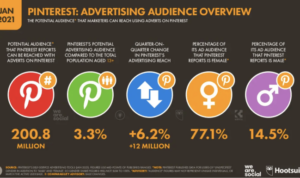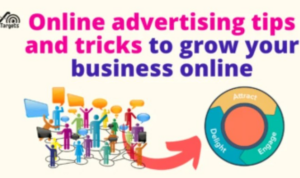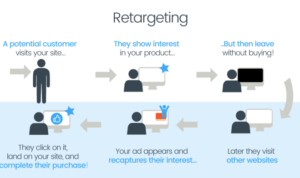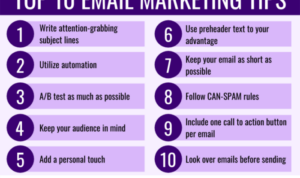Website Traffic Strategies are essential for online success, encompassing various methods to attract visitors and boost engagement. From to social media marketing, this guide explores the key strategies to increase website traffic effectively.
Explore the diverse tactics that can help drive traffic to your website and elevate your online presence.
Overview of Website Traffic Strategies
Website traffic is crucial for online success because it determines the number of visitors who come to your site, interact with your content, and potentially convert into customers. Without traffic, your website is essentially invisible on the internet, making it difficult to achieve your business goals.
Types of Website Traffic Strategies
- Organic Traffic: This is traffic that comes to your site through search engines like Google, Bing, or Yahoo. It is free and sustainable, as it is driven by the relevance and quality of your content.
- Referral Traffic: Referral traffic is generated when visitors click on a link from another website that leads them to yours. This can come from social media platforms, guest posts, or backlinks from other sites.
- Paid Traffic: Paid traffic involves investing in advertising to drive visitors to your website. This can include pay-per-click (PPC) campaigns, display ads, or social media ads.
The Importance of Diversifying Traffic Sources
Diversifying traffic sources is crucial for ensuring the stability and sustainability of your website’s traffic. Relying on just one source can be risky, as algorithm changes or issues with that source could lead to a sudden drop in traffic. By diversifying your traffic sources, you can mitigate these risks and reach a wider audience through multiple channels.
Search Engine Optimization ()
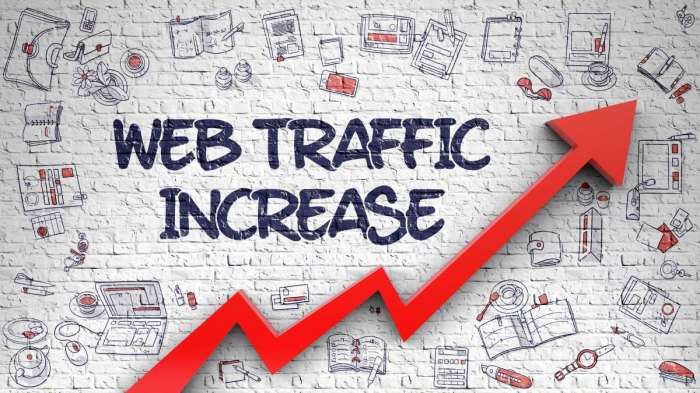
Search Engine Optimization () plays a crucial role in driving organic traffic to a website. By optimizing various aspects of a website, helps improve its visibility on search engine results pages, ultimately leading to increased traffic and potential conversions.
On-Page vs. Off-Page Strategies
On-Page refers to optimizing elements within a website itself, such as content, HTML tags, and site structure, to improve search engine rankings. Off-Page , on the other hand, involves external factors like backlinks, social signals, and online reputation management to enhance a website’s authority and relevance in the eyes of search engines.
- On-Page Tips:
- Produce high-quality, relevant content
- Optimize meta tags and descriptions
- Use descriptive URLs
- Optimize images with alt text
- Ensure fast loading speed
- Off-Page Tips:
- Build quality backlinks from reputable sites
- Engage with social media and online communities
- Create shareable content to attract natural backlinks
- Monitor and manage online reviews and reputation
- Participate in guest blogging and influencer collaborations
Optimizing Website Content for Better Search Engine Rankings
To optimize website content for improved search engine rankings, focus on creating valuable, engaging, and relevant content that resonates with your target audience. Incorporate relevant s naturally throughout your content and meta tags, optimize images with descriptive alt text, and ensure your website loads quickly and is mobile-friendly. Regularly update and refresh your content to keep it current and in line with search engine algorithms.
Social Media Marketing: Website Traffic Strategies
Social media marketing is a powerful tool for increasing website traffic by leveraging popular platforms to reach a wider audience. By strategically utilizing social media, businesses can drive more traffic to their websites, increase brand awareness, and engage with their target audience in a more direct and personal way.
Effective Social Media Marketing Strategies
- Create engaging content: Share valuable and relevant content that resonates with your audience, such as blog posts, videos, infographics, and interactive polls.
- Utilize visual elements: Images and videos tend to perform better on social media platforms, so incorporate visual content to attract more attention.
- Interact with followers: Respond to comments, messages, and mentions to foster relationships with your audience and show that you value their feedback.
- Collaborate with influencers: Partnering with influencers who have a large following can help you reach a wider audience and drive more traffic to your website.
- Run contests and giveaways: Hosting contests or giveaways can generate excitement and encourage social media users to visit your website for a chance to win prizes.
Importance of Engaging with the Audience on Social Media
Engaging with your audience on social media is crucial for building relationships, gaining customer loyalty, and increasing website traffic. By actively responding to comments, addressing concerns, and sharing valuable content, you can create a sense of community and trust among your followers. This engagement not only drives traffic to your website but also helps with brand recognition and customer retention.
Content Marketing
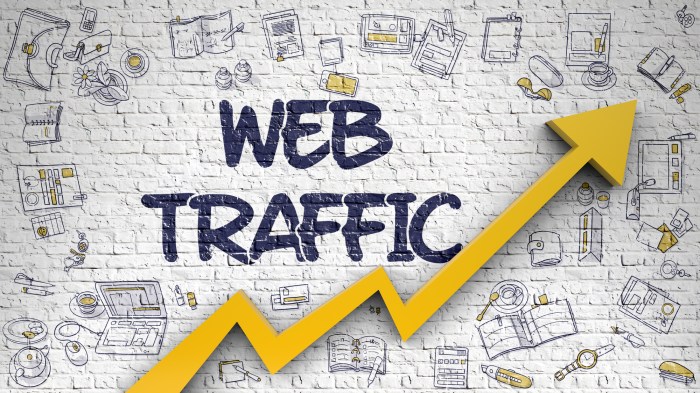
Creating valuable content is crucial for driving traffic to a website. When you provide high-quality, relevant, and engaging content, you are more likely to attract and retain visitors. Valuable content can help establish your website as a credible source within your industry, leading to increased traffic through organic search and social media sharing.
Tips for Developing a Successful Content Marketing Strategy
- Identify your target audience: Understand who your audience is and what type of content they are looking for.
- Create a content calendar: Plan out your content in advance to ensure consistency and avoid gaps in posting.
- Focus on quality over quantity: It’s better to produce fewer pieces of high-quality content than to churn out low-quality content just for the sake of it.
- Utilize different formats: Experiment with various types of content such as blog posts, videos, infographics, and podcasts to cater to different preferences.
- Promote your content: Don’t just publish and wait for people to find it. Actively promote your content through social media, email marketing, and other channels.
The Role of Storytelling in Content Marketing
Storytelling is a powerful tool in content marketing as it helps create a connection with your audience on a more emotional level. By weaving narratives into your content, you can engage readers, evoke emotions, and make your message more memorable. Storytelling can also help differentiate your brand and set you apart from competitors who may not be utilizing this approach effectively.
Email Marketing
Email marketing is a powerful tool that can be utilized to drive traffic to a website. By sending targeted and personalized emails to subscribers, businesses can increase website visits, promote products or services, and engage with their audience.
Examples of Effective Email Marketing Campaigns
- A clothing brand sending out exclusive discounts and promotions to their email subscribers, leading to increased website traffic and sales.
- An online course provider sending weekly educational newsletters with links back to their website for more resources, resulting in higher click-through rates.
- A travel agency sending personalized travel recommendations based on past bookings, enticing customers to visit the website to explore more options.
The Importance of Personalization in Email Marketing
Personalization plays a crucial role in email marketing as it helps in creating a more tailored and engaging experience for the recipients. By addressing subscribers by their name, recommending products based on their past purchases, or sending targeted content based on their interests, businesses can increase open rates, click-through rates, and ultimately drive more traffic to their website.
Influencer Partnerships
In today’s digital age, collaborating with influencers has become a powerful strategy to increase website traffic and enhance brand awareness. By leveraging the large and engaged following of influencers, businesses can reach a wider audience and drive more traffic to their websites.
Benefits of Influencer Partnerships
- Increased Reach: Influencers have a dedicated following that trusts their recommendations, allowing businesses to tap into a new audience.
- Authenticity: Influencers provide authentic and relatable content that resonates with their followers, leading to higher engagement.
- Boost: Backlinks from influencer collaborations can improve a website’s ranking, driving organic traffic.
- Brand Credibility: Partnering with reputable influencers can enhance a brand’s credibility and trustworthiness among consumers.
Tips for Finding and Building Influencer Partnerships
- Identify Your Goals: Clearly define your objectives and target audience to find influencers that align with your brand values.
- Research and Vet Influencers: Conduct thorough research on potential influencers to ensure their content and audience match your brand image.
- Engage Authentically: Build genuine relationships with influencers based on mutual respect and understanding.
- Create Win-Win Partnerships: Offer value to influencers in exchange for their promotion, such as exclusive discounts or sponsored content.
Impact of Influencer Marketing on Website Traffic
Influencer marketing can have a significant impact on website traffic by driving targeted visitors who are more likely to convert into customers. By partnering with influencers who resonate with your target audience, you can increase brand visibility, drive traffic to your website, and ultimately boost sales and conversions.

